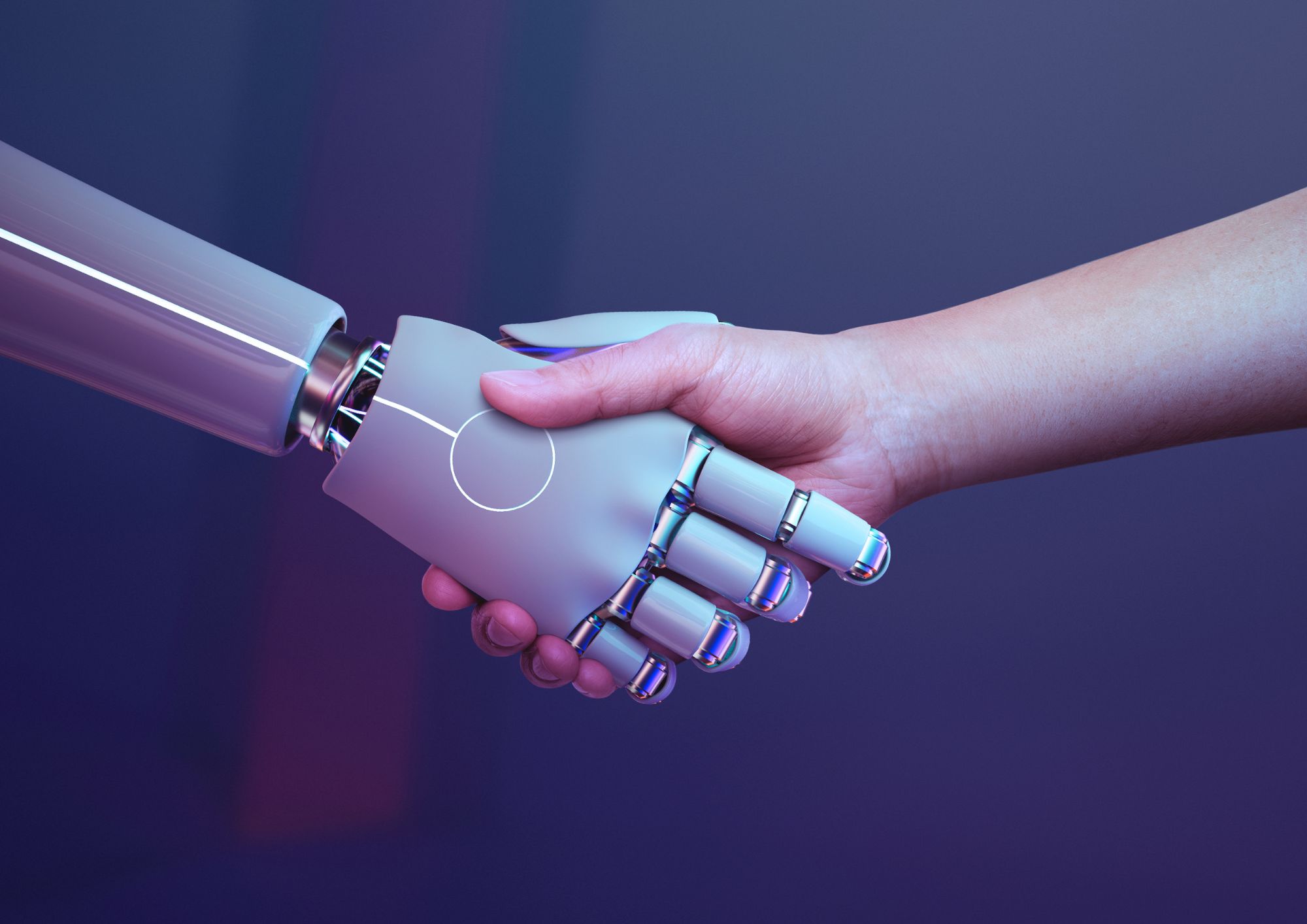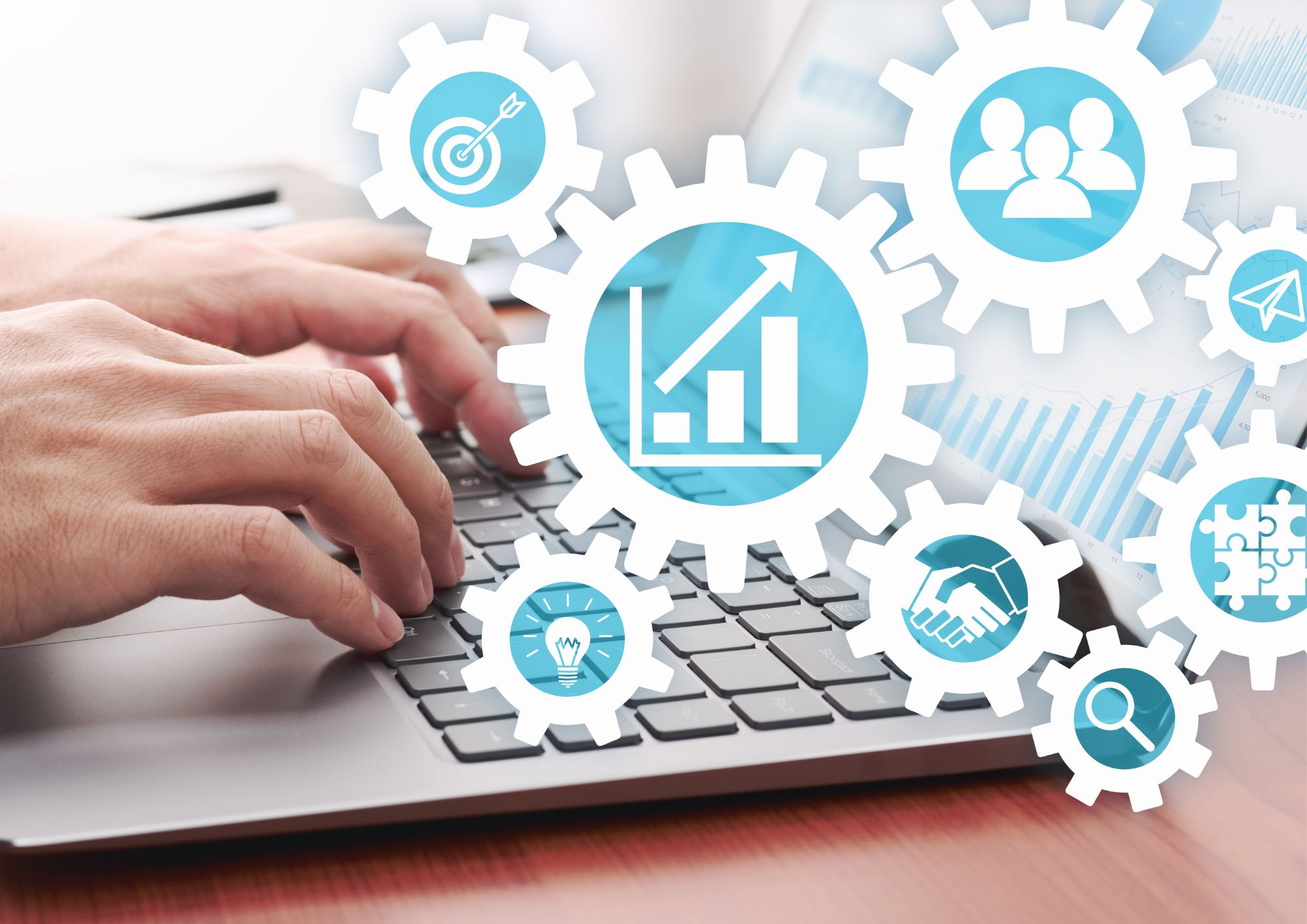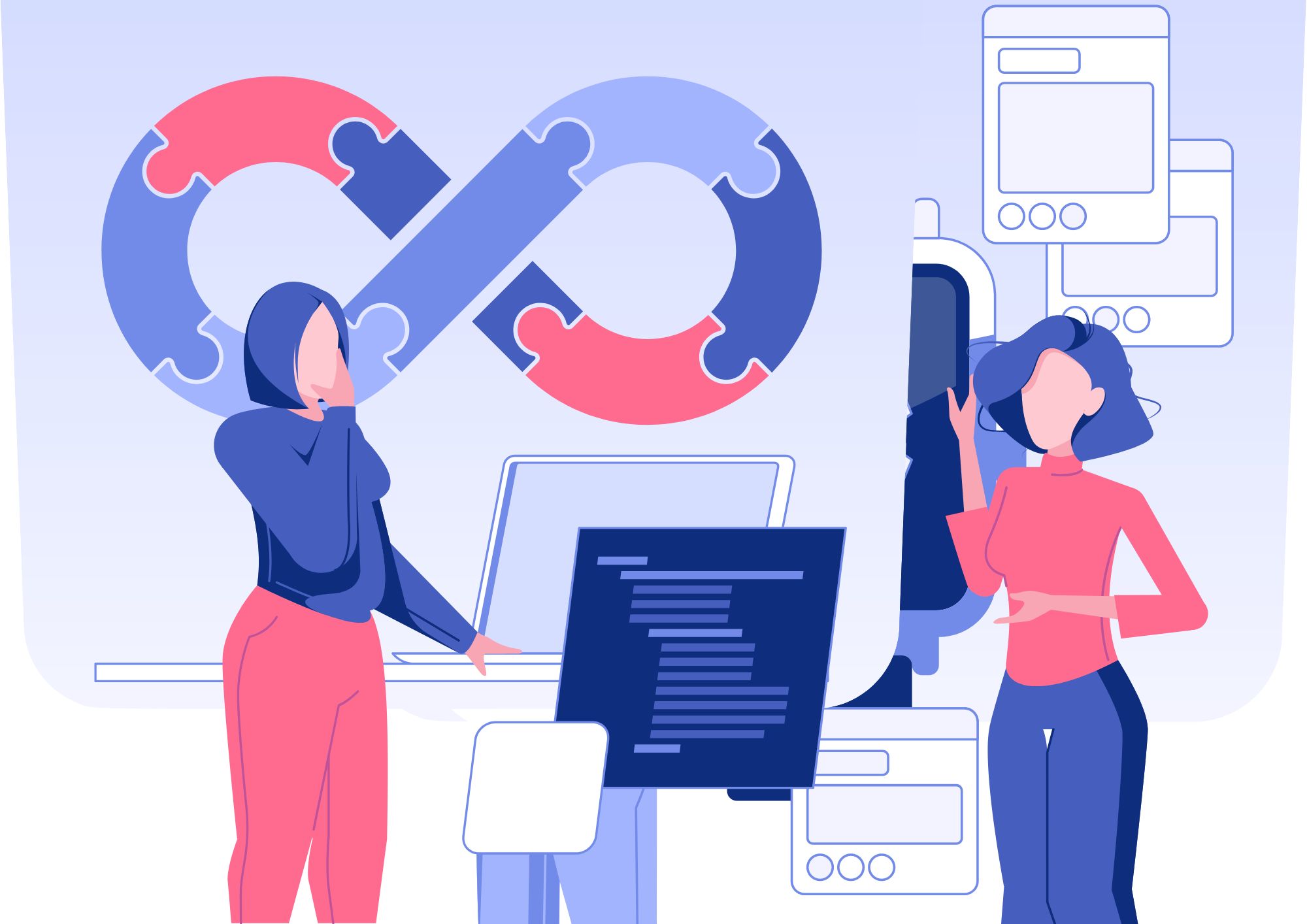| The Role of Artificial Intelligence in Hyper Automation |
Hyper automation has become a game-changer in the world of business process optimization.
At the heart of this revolutionary approach lies artificial intelligence (AI), which plays a critical role in automating and enhancing various business processes.
In this article, we will delve into the role of AI in hyper automation and explore how AI-driven automation can significantly impact your organization’s productivity and efficiency. 😊
What is Hyper Automation?
Hyper automation is the next step in the evolution of automation, combining multiple advanced technologies such as AI, machine learning, robotic process automation (RPA), and process mining to automate end-to-end business processes.
By leveraging AI in hyper automation, organizations can achieve greater efficiency, flexibility, and scalability in their operations.
The Role of Artificial Intelligence in Hyper Automation
AI is the driving force behind hyper automation, enabling businesses to:
Analyze complex data
AI-powered algorithms can process large volumes of data and derive meaningful insights that help in optimizing business processes.
Enhance decision-making
Artificial intelligence can automate decision-making processes, allowing organizations to make informed decisions based on real-time data analysis.
Improve process efficiency
AI-driven automation can identify bottlenecks and redundancies in business processes, leading to a more streamlined workflow.
Examples of AI in Hyper Automation
Here are some examples of how artificial intelligence is transforming hyper automation:
Chatbots
AI-powered chatbots can handle customer inquiries and provide real-time assistance, improving customer service and reducing the need for human intervention.
Predictive analytics
Machine learning algorithms can analyze historical data and predict future trends, allowing businesses to make proactive decisions.
Natural language processing (NLP)
NLP enables AI-driven automation to understand and process human language, enabling better communication between humans and machines.
Benefits of Integrating AI in Hyper Automation
Integrating AI into hyper automation can provide numerous benefits, including:
Cost savings
AI-driven automation can reduce manual labor costs and boost productivity.
Improved accuracy
Artificial intelligence can minimize human error, leading to more accurate data processing and analysis.
Enhanced customer experience
By automating customer-facing processes, organizations can deliver personalized experiences and improve customer satisfaction.
Challenges in Implementing AI-Driven Hyper Automation
Despite its many advantages, there are some challenges in implementing AI-driven hyper automation, such as:
Data privacy concerns
Ensuring data security and privacy is paramount when dealing with sensitive information.
High initial investment
AI-driven automation may require significant initial investment in technology and infrastructure.
Resistance to change
Employees may be resistant to adopting new technologies, making it essential to invest in training and change management.
AI in hyper automation is undoubtedly transforming the way businesses operate.
By harnessing the power of AI-driven automation, organizations can streamline their processes, enhance decision-making, and ultimately, stay ahead of the competition.
Are you ready to embrace the future of business process optimization? 😃
Thank you for reading our blog, we hope you found the information provided helpful and informative. We invite you to follow and share this blog with your colleagues and friends if you found it useful.
Share your thoughts and ideas in the comments below. To get in touch with us, please send an email to dataspaceconsulting@gmail.com or contactus@dataspacein.com.
You can also visit our website – DataspaceAI


